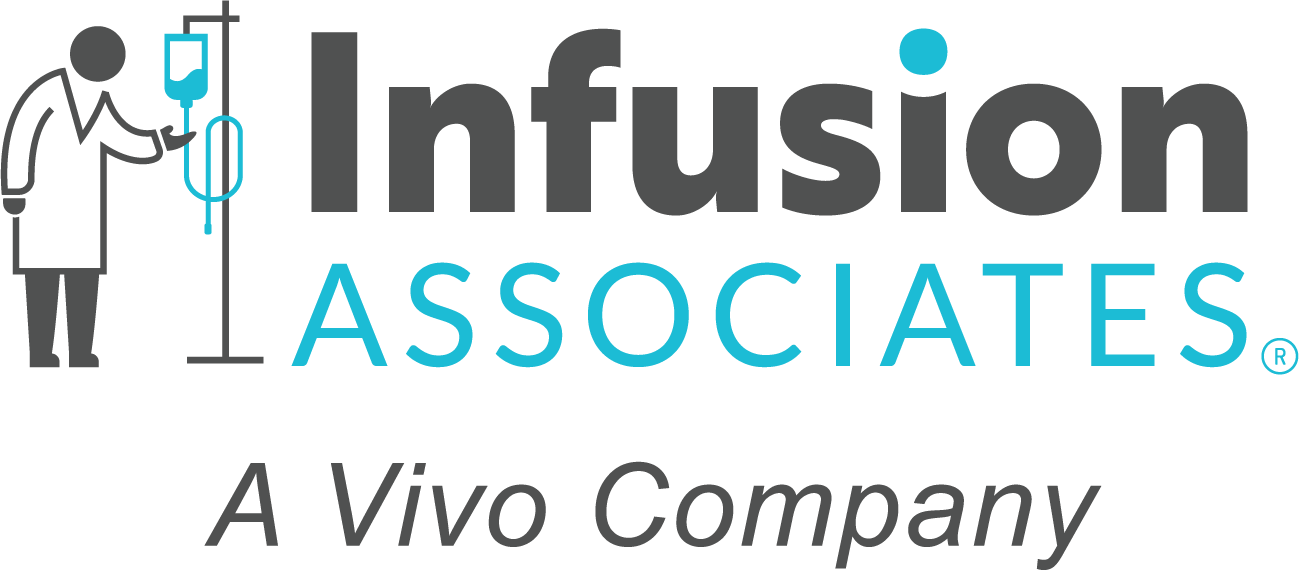Being diagnosed with a debilitating health condition is crushing. It makes you wonder what it all means, what steps do you have to take to obtain the best treatment possible, and how this is going to affect your everyday life. And, when the diagnosis entails an ailment that will progressively worsen, you start hoping for a miracle — even if it’s something relatively minor that can help you hold on to a sense of normalcy. Such is the case with lysosomal storage disorders like Gaucher disease.
What is Gaucher disease?
Gaucher disease is a rare, inherited condition caused by gene mutations. These mutations cause a defective synthesis of an enzyme called glucocerebrosidase (GCase), which leads to a build-up of lipids in Gaucher cells — cells that store glycolipids and are located in the bone marrow and spleen. As a result, it can cause enlargement of the spleen and/or liver, and erosion of bones. In more progressed cases, it may cause muscle dysfunction, breathing difficulties, and/or seizures.
There are three types of Gaucher disease. Type 1 occurs in either childhood or during adulthood, and is the most common form of the condition — affecting about 90% of patients with the condition. Type 2 occurs in infants, and Type 3 in early childhood. Both affect the central nervous system. Some people with Type 2 or Type 3 Gaucher disease may also develop Parkinson’s disease — due to lipids accumulating in the central nervous system leading to neuron damage. Symptoms of the condition include:
- Fatigue
- Bleeding that is difficult to stop
- Bruising easily
- Bone pain
- Fever
- Bones that break easily
Enzyme Replacement Therapy for Gaucher Disease
Enzyme replacement therapy (ERT) is an effective way to treat Type 1 Gaucher disease. Treatment is done via infusion of imiglucerase — a synthetic called glucocerebrosidase. But, it is ineffective for Type 2 or Type 3 Gaucher disease because the molecules of imiglucerase are too large to enter the central nervous system.
Enzyme replacement therapy is a good alternative to manage symptoms of Type 1 Gaucher disease, as well as relieve pain and prevent additional bone loss. It also provides faster relief than oral medications, since it is administered through an IV directly into your bloodstream — instead of having to wait for the medication to be digested first. Infusion therapy is also a more practical solution for patients whose medical conditions make it difficult or impossible to swallow a pill.
Are there any side effects of enzyme replacement therapy for Gaucher disease?
As with any prescription medication, ERT carries a minor risk of side effects. These may include headaches, nausea, tremors, fever, or labored breathing. Other risks from infusion therapy include infection at the site where the IV is inserted, or the IV becoming dislodged from your arm. The risks of these complications can be reduced by having an experienced healthcare professional monitoring the ERT throughout its duration. Rest assured, you will always have a physician or nurse making sure everything goes smoothly.
What to Expect from Enzyme Replacement Therapy for Gaucher Disease
Before starting treatment, one of our healthcare professionals will explain the process, as well as answer all of your questions. If you’d like to have a family member or friend accompany you, you are welcome to bring someone along.
Once all of your concerns have been addressed, you’ll receive your infusion while sitting in a reclining chair, and you can request anything that would make the process easier — WiFi, television, blankets, or drinks such as coffee, tea, or hot cocoa. You can also bring your own snacks and drinks.
If Your Doctor Has Recommended Enzyme Replacement Therapy, Let Infusion Associates Help You
At Infusion Associates, we provide medically-prescribed infusion therapy for patients with chronic conditions in a welcoming and friendly environment. Our team of healthcare professionals is committed to making the experience as comfortable as possible. We always inform patients of any potential side effects and answer all their questions before starting treatment. In addition, we have a Registered Pharmacist on staff to make the process as seamless as possible.
If you would like to refer a patient to us or want to inquire about the treatments we offer, you can contact us by calling us at (616) 954-0600 or filling out this form.

